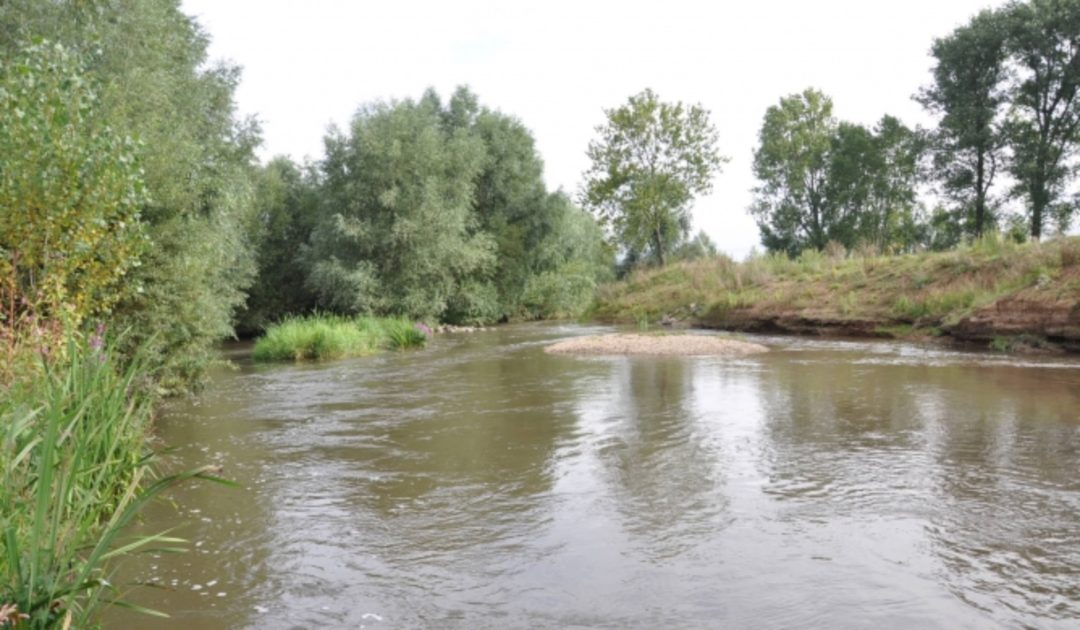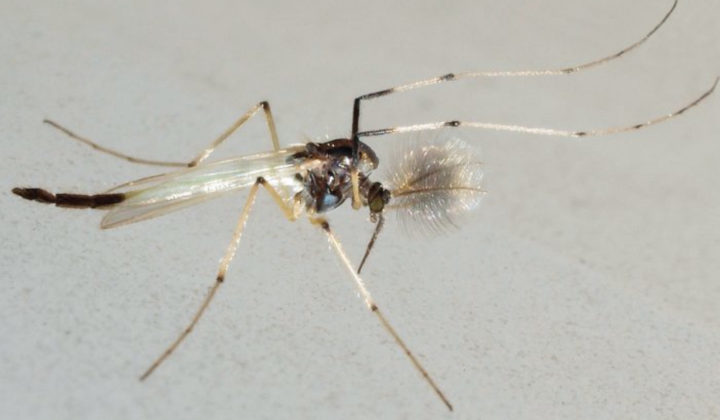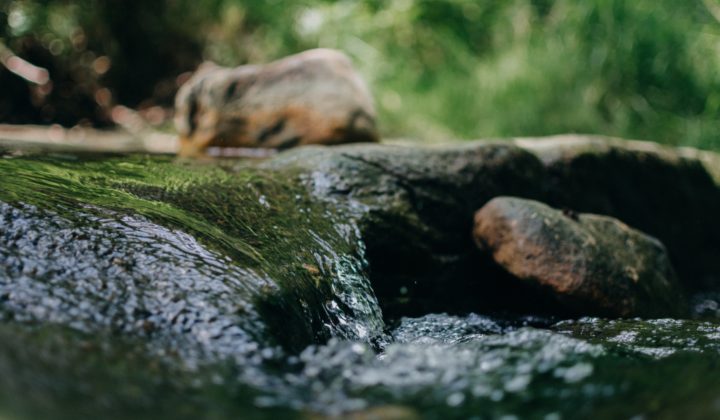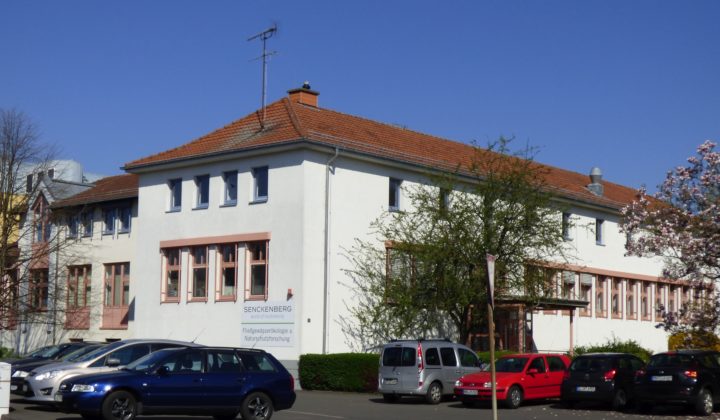
Current research projects
Supported by: Hessian Agency for Nature Conservation, Environment and Geology (HLNUG)
Duration: 2022 – 2025
Project partner: Dr. Matthias Oetken (Goethe-University Frankfurt am Main, Department Aquatic Ecotoxicology), Dr. Jens Mayer (Hessian Agency for Nature Conservation, Environment and Geology)
EffektMon – Use of effect-based monitoring methods to assess the effects of pollutants on the ecological status of streams and rivers
Supported by: German Environment Agency (Umweltbundesamt – UBA)
Duration: 2021 – 2024
Project partner: Dr. Matthias Oetken, Goethe-University Frankfurt, Prof. Dr. Peter Ebke , Mesocosm GmbH – Institut für Gewässerschutz
DECIDE – Development and evaluation of an ecotoxicological assessment system for running waters that complies with the guidelines for the water framework
Supported by: The German Federal Environmental Foundation (Deutsche Bundesstiftung Umwelt – DBU)
Duration: 2020 – 2023
Project partner: Dr. Matthias Oetken, Goethe-University Frankfurt
Former Projects
Systematic evaluation of monitoring data on biocides in surface waters and groundwater
For a nationwide representative description of the pollution status of groundwater and surface waters by biocides, data from the federal states are compiled. The purpose of the compilation is to provide a better picture of existing knowledge on the pollution of ground and surface waters with biocides. Based on this compilation, the need for action for various monitoring measures for biocides in Germany should become apparent.
Supported by: German Environment Agency
Duration: 2019 – 2020
Effects of arsenic contamination on the ecological status of rivers
Supported by: Sächsisches Landesamt für Umwelt, Landwirtschaft und Geologie (LfULG)
Duration: 2017 – 2018
Development of an index to assess the effect of the water temperature on benthic invertebrates under climatic change
Supported by: KLIWA (co-operation project “Climate change and consequences for water management”, Federal states of Bavaria, Baden-Württemberg and Rhineland-Palatinate, German Weather Service (DWD))
Duration: 08/2014 – 11/2015
Development of novel strategies for the optimization and the control of the performance of stream restoration efforts.
Efficiency criteria and optimization strategies for ameliorating the morphology of severely modified watercourses: Definition of targets and actions for hydraulic power generation, shipping, agriculture and municipalities: Development of novel strategies for the optimization and the control of the performance of stream restoration efforts
Funded by: German Federal Environmental Agency (Umweltbundesamt, UBA)
Project leader: Prof. Dr. D. Hering, University Duisburg-Essen
Project partners: PD Dr. P. Haase, Senckenberg; Dr. Uwe Koenzen, Planungsbüro Koenzen; Dr. Falko Wagner, Institut für Gewässerökologie und Fischereibiologie Jena (IGF)
duration: 10/2010 – 09/2013
Numerous water courses are recently being restored to implement the EU Water Framework Directive. Most restoration measures aim at the structural amelioration of the poor (hydro-) morphological conditions of the streams and their floodplains. The so far most comprehensive survey on the efficiency of restoration efforts in Central European water courses was performed on behalf of the DBU and the BfN and included 37 restoration sites. Here, the post-restoration assessments revealed only weak effects of the restoration measures on aquatic biota (benthic macrofauna, macrophytes, and fish). Manifold causes may underlie the weak response of the aquatic biota to the restoration efforts. The main factors under consideration are (1) a lack of source populations in the catchment, (2) too high expectations caused by overestimating the actual dispersal capacity of aquatic biota, (3) a still dominant effect of inputs of chemicals and sediments into the watercourses, and (4) a minimum size threshold of the restored sections. The project thus aims to stepwise optimize the design, implementation and the control of the performance of restoration efforts in water courses from both the hydromorphological and the biological (benthic macrofauna, macrophytes, and fish) view point. The following aspects will be dealt with:
- Identification of environmental parameters that significantly contribute to a positive response of the biota;
- Testing the predictive capacity and optimization of these environmental parameters in model catchments;
- Development of a strategy to assess/control the performance of stream restoration efforts. This strategy will be based on the monitoring programs for the Water Framework Directive of the EU.
Requirements for a measurement and evaluation system to detect climate-induced changes in riverine ecosystems
Funded by: KLIWA (co-operation project “Climate change and consequences for water management”, Federal
states of Bavaria, Baden-Württemberg and Rhineland-Palatinate, German Weather Service (DWD)).
Duration: 05/2012 – 07/2013
Project leaders: Prof. Dr. Peter Haase, Dr. Andrea Sundermann, Senckenberg
Project partners: Prof. Dr. Daniel Herring, Dr. Sonja Stendera, University of Duisburg-Essen
Summary
The aim of this project is to develop a conceptual framework for a measurement and evaluation system to detect climate-induced changes in riverine ecosystems in southern Germany.
The development of the framework consists of four consecutive steps:
- Compilation and analysis of existing approaches (national and international) with the aim of developing a first, empirically derived conceptual framework
- Presentation and discussion of the empirical framework concept at an expert workshop
- Testing and further development of the conceptual framework based on biotic and abiotic data sets from the KLIWA countries
- Final rating (possibilities and limitations of the approach)




